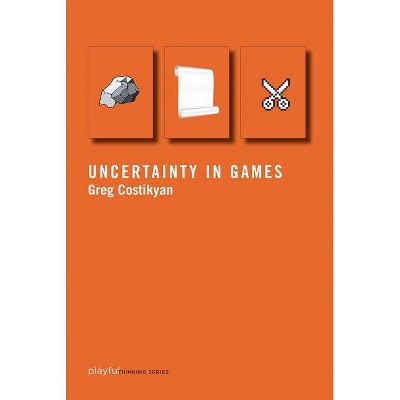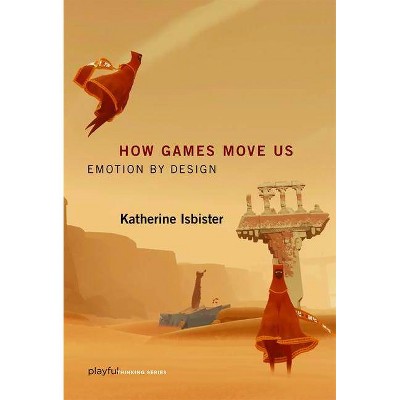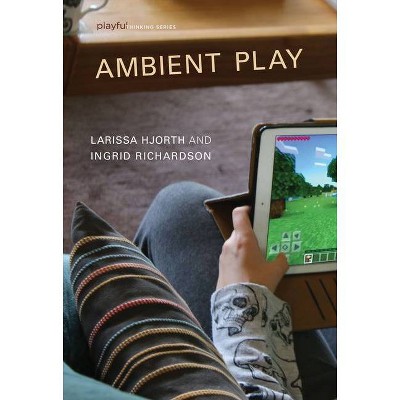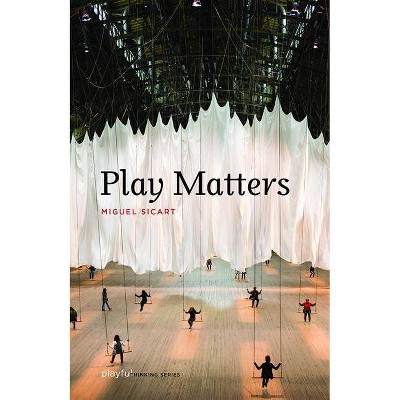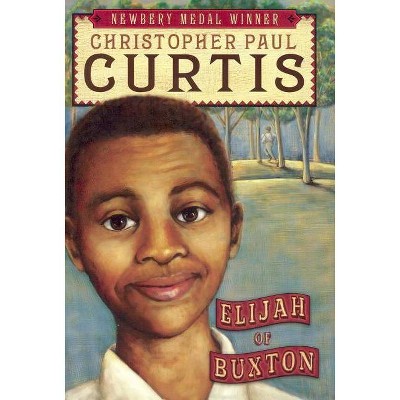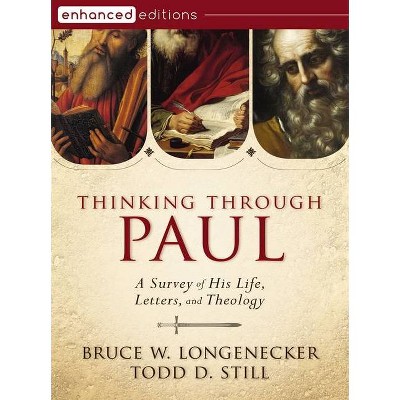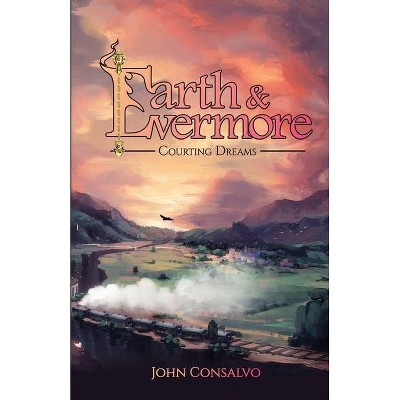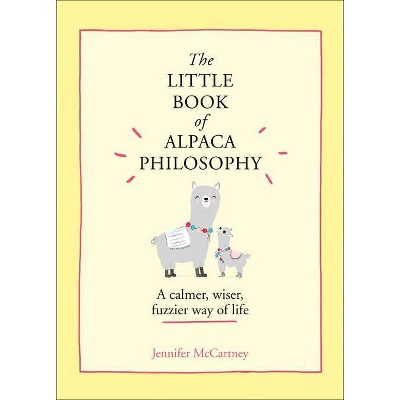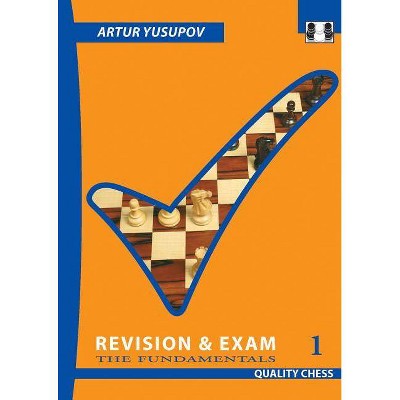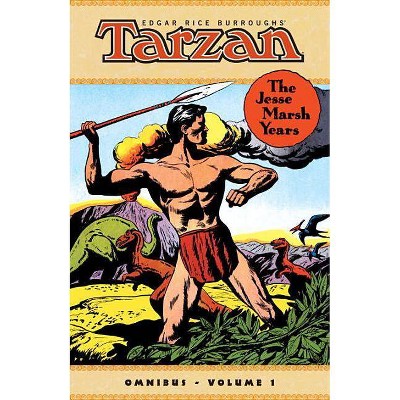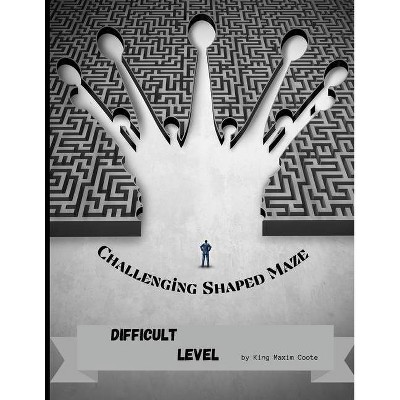Real Games - (Playful Thinking) by Mia Consalvo & Christopher A Paul (Hardcover)
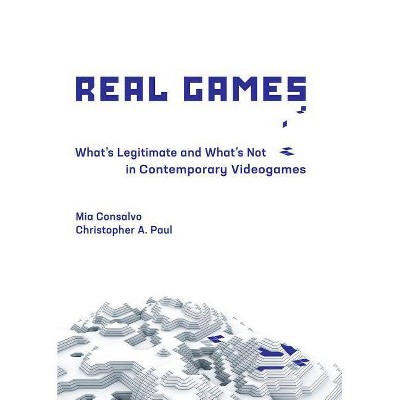
Similar Products
Products of same category from the store
AllProduct info
<p/><br></br><p><b> About the Book </b></p></br></br> "Real Games is an exploration of how the discourses surrounding videogames shapes what games get made and played as well as who is invited to play them. By making appeals to 'real games,' players and developers center certain kinds of experiences and marginalize others. The authors argue that this process emerges dynamically out of discussions about videogames and has changed over time to center on a handful of key elements, namely a game's developer, it's payment model, and elements of the game itself including its length and perceived difficulty (among others). Dozens of games are referenced in this book, many of which are not widely studied. That gives the manuscript an ability to connect with more potential readers and the ability to speak more broadly about the state of videogames than efforts that are focused on an individual genre or game"<p/><br></br><p><b> Book Synopsis </b></p></br></br><b>How we talk about games as real or not-real, and how that shapes what games are made and who is invited to play them.</b><p>In videogame criticism, the worst insult might be "That's not a real game!" For example, "That's not a <i>real</i> game, it's on Facebook!" and "That's not a <i>real</i> game, it's a walking simulator!" But how do people judge what is a real game and what is not--what features establish a game's <i>gameness</i>? In this engaging book, Mia Consalvo and Christopher Paul examine the debates about the realness or not-realness of videogames and find that these discussions shape what games get made and who is invited to play them.</p><p>Consalvo and Paul look at three main areas often viewed as determining a game's legitimacy: the game's pedigree (its developer), the content of the game itself, and the game's payment structure. They find, among other things, that even developers with a track record are viewed with suspicion if their games are on suspect platforms. They investigate game elements that are potentially troublesome for a game's gameness, including genres, visual aesthetics, platform, and perceived difficulty. And they explore payment models, particularly free-to-play--held by some to be a marker of illegitimacy. Finally, they examine the debate around such so-called walking simulators as <i>Dear Esther</i> and <i>Gone Home</i>. And finally, they consider what purpose is served by labeling certain games "real.</p><p/><br></br><p><b> About the Author </b></p></br></br>Mia Consalvo is Professor and Canada Research Chair in Game Studies and Design in the Department of Communication Studies at Concordia University in Montreal. She is the author of<i> Cheating: Gaining Advantage in Video Games</i> and <i>Atari to Zelda: Japan's Videogames in Global Contexts</i>, both published by the MIT Press. <p/>Christopher A. Paul is Associate Professor of Communication and Chair of the Department of Communication at Seattle University. He is the author of <i>Wordplay and the Discourse of Video Games</i> and <i>The Toxic Meritocracy of Video Games</i>.
Price History
Price Archive shows prices from various stores, lets you see history and find the cheapest. There is no actual sale on the website. For all support, inquiry and suggestion messagescommunication@pricearchive.us
